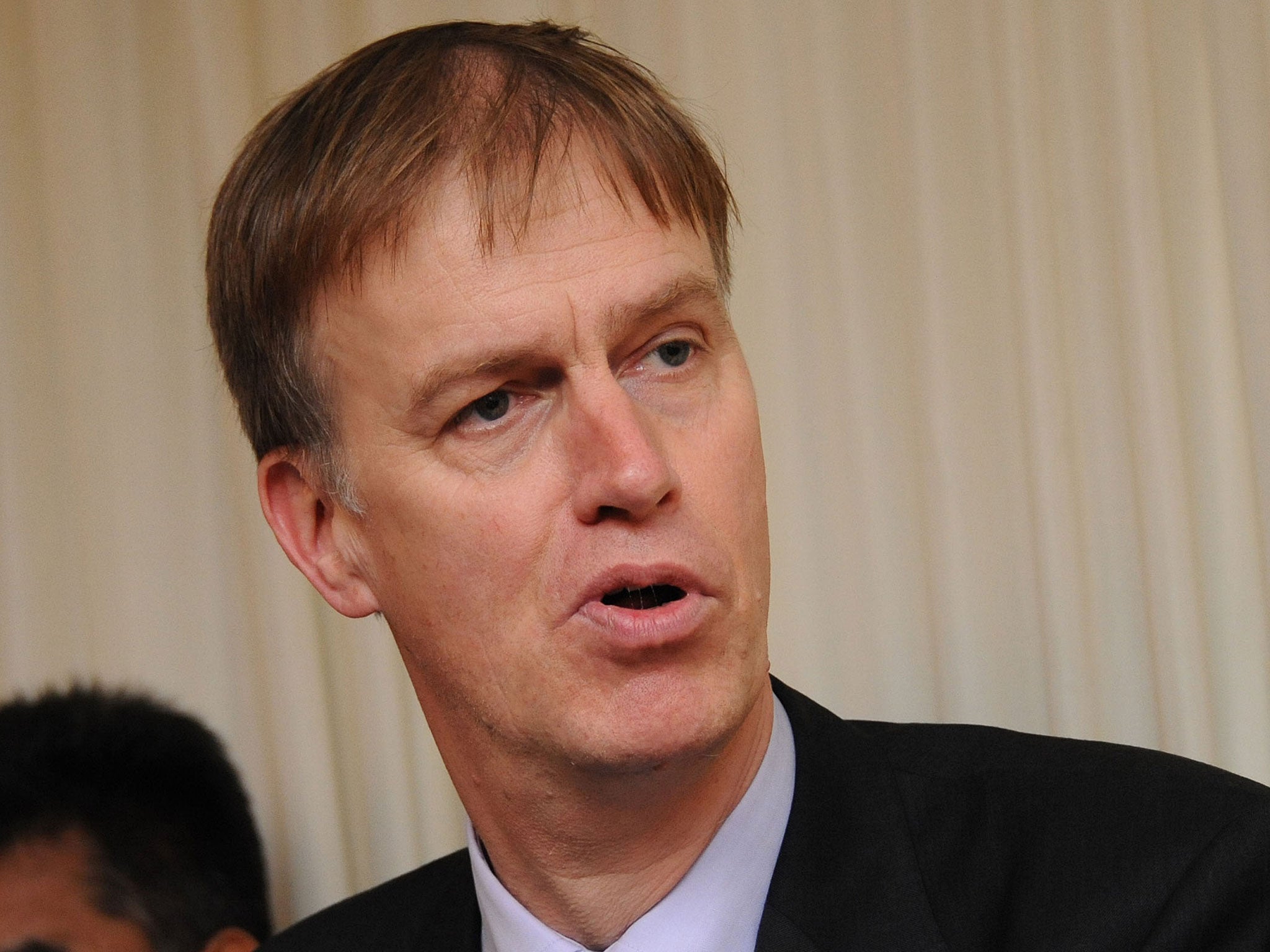Overhaul Universal Credit so it boosts earnings of women and doesn't become 'stealth cut' in benefits, says study
The report warns that the main goal of 'making work pay' could be jeopardised under the Government’s proposals

Universal Credit should be overhauled so that it boosts the earnings of women and does not become a “stealth cut” in state benefits, according to a major new study.
After a nine-month inquiry, the Resolution Foundation think tank concludes that the Government’s flagship £12.8bn scheme to merge six working age benefits should go ahead despite problems which have delayed its introduction. But the report warns that the main goal of “making work pay” could be jeopardised under the Government’s proposals on what slice of any extra earnings people keep as their state top-ups are withdrawn.
The foundation argues that a second earner with an annual salary of £10,600 a year would see their disposable income rise by £3,600 a year under Universal Credit – much less than the £6,000 they would get under the current tax credit system. The foundation says the amount should be raised to £7,000.
There is growing speculation that George Osborne will announce cuts to child tax credits in next month’s Budget as he starts to set out how the Conservatives will find the £12bn reduction in welfare spending they promised at the general election. Ministers believe that cutting tax credits and Universal Credit would be less controversial than reducing child benefit because the wages top-ups are less visible.
Labour would have stalled the phasing in of Universal Credit if it had won the election while the National Audit Office (NAO) carried out a wholesale review. Stephen Timms, Labour’s welfare spokesman, will call for the NAO to issue reports to Parliament every three months on the scheme’s progress and value for money.
In a letter to Iain Duncan Smith, the Work and Pensions Secretary, Mr Timms said the Government should publish a full business case for Universal Credit including the key milestones for its introduction. Mr Timms said there was a “veil of secrecy” about the project, adding that it covers only 54,000 claimants – far fewer than the 1m due to be included by now.
The Resolution Foundation, which specialises in low and middle income groups, warns that Universal Credit should offer greater financial incentives for second earners and single parents to take up jobs. Its proposed reforms would boost employment among women. In the short-term, allowing workers to keep more of their income could allow between 150,000 and 290,000 people to enter work – up to 50 per cent more than under the Government’s scheme. In the long run, the foundation’s changes could encourage an additional 180,000 to 460,000 people to take jobs – a rise of up to 130 per cent on the Government’s plans.
Under the foundation’s plans, working families would be between £5 and £20 a week better off than under the current Universal Credit scheme.
David Finch, senior economic analyst at the foundation, said: “Universal Credit holds many advantages over the current benefit system. But it hasn’t caught up with big changes in the UK’s labour market, such as rising in-work poverty. The Government’s flagship welfare reform programme needs a reboot so that it can deal with the big labour market challenges of the next decade and beyond, such as helping people escape low pay, rather than try to tackle the problems of the past.”
Nick Timmins, who chaired the review, said: “The current design of Universal Credit contains flaws and it also carries some risks – for example, that some people might reduce their hours of work at the taxpayer’s expense. A new government provides the perfect opportunity to address such issues before millions of people are moved on to the new system.”
A Department of Work and Pensions spokesman said: “Universal Credit is simplifying the welfare system to make work pay, and research shows that it's getting claimants back into work faster and helping them earn more.
"Our reforms under Universal Credit also make it easier to start work if you’re a parent, with increased help towards registered childcare costs, no matter how many hours you work. When fully rolled out, Universal Credit will make 3m people better off with a £7bn boost to the economy every year.”
Subscribe to Independent Premium to bookmark this article
Want to bookmark your favourite articles and stories to read or reference later? Start your Independent Premium subscription today.

Join our commenting forum
Join thought-provoking conversations, follow other Independent readers and see their replies